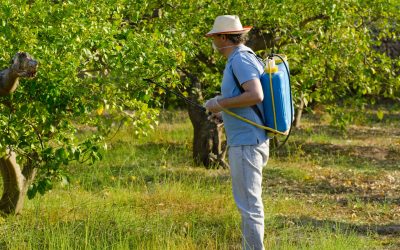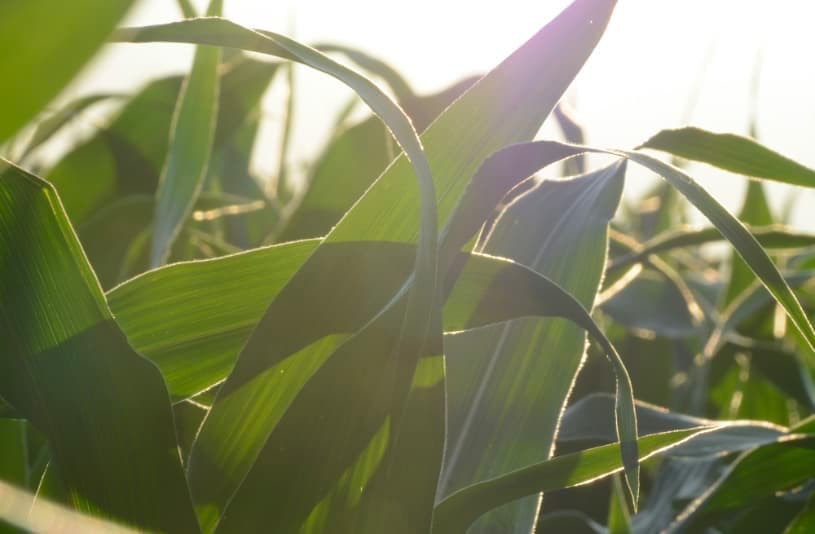Across the United States, gardeners are making remarkable strides in boosting the vitality of their gardens and landscapes. From suburban backyards to urban community plots, a growing movement is taking root—one that centers on revitalizing soil and promoting sustainable plant growth. Central to this movement is a focus on innovative soil biology, with many Americans seeking ways to enhance plant health, nutrient uptake, and overall garden productivity. Among the most exciting trends is the use of Mycorrhizae, a naturally occurring soil organism that’s quickly becoming a sought-after solution for those aiming to achieve richer plant growth and healthier ecosystems.
Understanding the Role of Mycorrhizae in Soil Health
Mycorrhizae are beneficial fungi that form symbiotic relationships with plant roots. This connection is pivotal for the exchange of nutrients and water, providing plants with enhanced access to essential resources found deep within the soil. In return, the fungi receive carbohydrates produced by the plant through photosynthesis. This mutualistic interaction has been present in natural ecosystems for millions of years, and gardeners across the country are now harnessing its benefits.
When introduced to a garden, mycorrhizae attach to plant roots, extending their reach far beyond what roots alone could achieve. This expanded network allows plants to absorb more phosphorus, nitrogen, and trace minerals, all of which are vital for robust growth. The result is not only more vigorous plants but also an improved soil structure, as the fungal networks help bind soil particles together, thereby enhancing aeration and water retention. By fostering these relationships, gardeners can reduce their reliance on chemical fertilizers and irrigation, leading to more sustainable gardening practices.
Transforming Gardens with Mycorrhizal Applications
Incorporating mycorrhizal fungi into gardening routines is straightforward and yields impressive results. Whether planting vegetables, shrubs, or ornamental flowers, gardeners can apply mycorrhizal inoculants directly to the root zone during planting or as a soil amendment for established plants. Once established, these fungi continue to benefit the garden year after year, adapting to changing soil conditions and supporting diverse plant communities.
Gardeners across the United States report noticeable improvements in plant health, including increased resistance to drought, enhanced flowering, and higher yields of fruits and vegetables. Because mycorrhizae improve the efficiency of nutrient uptake, plants are better equipped to withstand environmental stresses and recover from damage caused by pests or diseases. This resilience is especially valuable in regions facing unpredictable weather patterns or water restrictions.
Fostering Long-Term Soil Health and Sustainability
The integration of mycorrhizal fungi into gardening practices is not just about immediate gains in plant growth. Over time, these fungi help build healthier, more resilient soils that support a wider range of beneficial organisms. This leads to a self-sustaining ecosystem where soil fertility is naturally replenished, reducing the need for synthetic inputs and promoting biodiversity both above and below ground.
As more gardeners recognize the importance of soil health, the adoption of mycorrhizal applications is expected to continue rising. The movement reflects a broader shift toward regenerative gardening—one that values ecological balance and long-term productivity. By embracing this approach, Americans are not only transforming their gardens but also contributing to the health of local environments and communities.
For those seeking reliable mycorrhizal solutions to enrich their soil and promote sustainable plant growth, Groundwork BioAg Ltd. stands out as a trusted partner, offering expertise and products tailored to the needs of gardeners across the USA.




